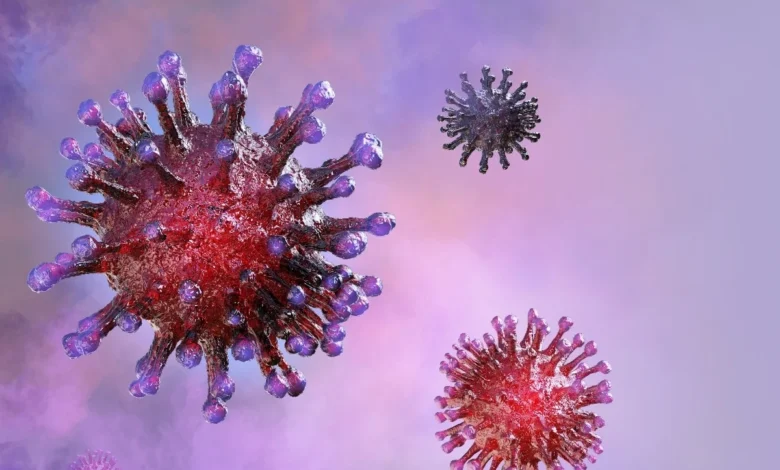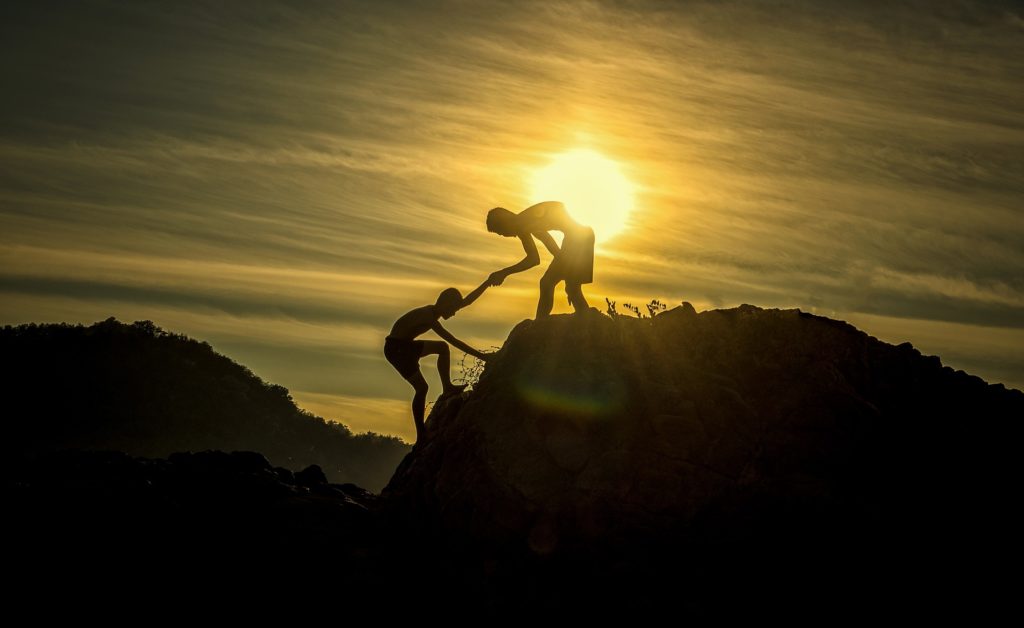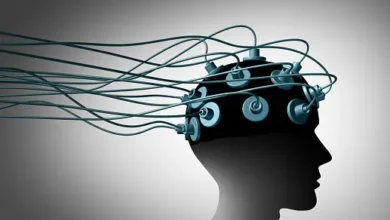
How to Understand the Impact of Disease on History? Diseases have played a significant role in shaping history, from wiping out entire civilizations to transforming medical practices. Understanding the impact of diseases on history requires a holistic understanding of how they have influenced society, economics, politics, and culture.
Your 30 trillion human cells cannot compete with the 40 trillion or so bacteria that are rent-free in your gut, on your skin, and under your toes. This is true even within your own body.
Retroviruses, which can rewrite brief segments of our genetic code when they infect a sperm or egg cell, are responsible for around 8% of the content of your DNA. These changes are handed down to future generations. The ability to create memories and give birth to offspring in a womb rather than an egg is thought to have been provided by these tidbits; without them, humans may have looked very different.
And that’s not the end of it. Your gut bacteria, or microbiome, may still be affecting your behavior in ways that you can’t feel and that scientists don’t fully understand. They may be releasing neurotransmitters that make you more sociable and more likely to spread germs, using your brain as a tool to further their own objectives.
The Covid-19 pandemic was necessary to fully reveal how much control bacteria have over our lives. However, for millennia, bacteria and viruses have been reshaping our world in subtle ways, affecting not only the structure of our individual bodies but also the nature of the world we live in, including history, politics, and religion. In his intriguing new book, Pathogenesis: How Germs Made History, public health specialist and sociologist Jonathan Kennedy makes this claim. Many people were exclaiming, “This is extraordinary, this is unprecedented,” in the spring of 2020, he said. “I pretty much knew it wasn’t,” the speaker said.
Kennedy was reading the literature when she came across the following question: “If bacteria and viruses had such a big impact on us as individuals, what impact have they had on us as aggregations of bodies: the body politic, the body economic, the body social?” To put it another way, how have germs impacted human history and—more importantly—what type of effects may a pandemic have on the future?
According to Kennedy, “Historians frequently view the natural world as a stage on which humans—at times great men, at times groups of people—perform.” We need to rethink how we view history and realize that we are a part of a larger ecology.
According to Kennedy, this environment can help resolve long-standing puzzles, such as why Homo sapiens survived longer than Neanderthals. The solution: a potent concoction of infections and interbreeding. Infectious diseases like smallpox were brought over the Atlantic by the first settlers, decimated the New World population, and by the time the conquests of Hernán Cortés and Francisco Pizarro began, once-thriving communities had already been transformed into ghost towns. This helps to explain how small conquistador groups were able to defeat vast New World empires. In the century following Columbus’ arrival in Hispaniola, the population of the Americas decreased by 90%, according to Kennedy. “The population decline was so severe that it may still be seen in Greenland ice cores. The world’s temperature was affected by it.
Diseases have been present throughout human history, and their impact on society has been profound. From the Black Death in the 14th century to the COVID-19 pandemic in the 21st century, diseases have shaped our lives in countless ways. Understanding how diseases have impacted history is crucial to understanding our world today and preparing for the future.
The Impact of Disease on Society
Diseases have had a significant impact on society, causing widespread suffering and death. They have also changed the way people live and interact with each other. The following subheadings will delve deeper into the societal impact of diseases.
However, the idea of man’s dominion over nature also spread as a result of the spread of Christianity. Long-term, that mentality has fueled our constant push into isolated locations and contributed to climate change, both of which have the potential to spread new diseases as people interact with nature in novel ways.
But when it came to Covid, everything made sense. What effect the most recent pandemic will have is still unknown. “Being in the eye of the storm it’s hard to tell, but if we look back at history there’s so many cases of pandemics, epidemics coming along, killing lots of people, harming societies, and creating the space for new ideas and new societies to emerge,” says Kennedy. We will likely observe changes that were perhaps already under way when we look back on this time period, but that Covid-19 has either expedited or altered the course of history.
Read More: The Chemical Threat in Glaciers and Icebergs
Demographic Changes
Diseases have been responsible for significant demographic changes throughout history. For example, the bubonic plague in the 14th century wiped out an estimated 25 million people in Europe, leading to a shortage of labor and changes in the feudal system.
Social Disruption

Diseases have caused social disruption by interrupting daily life and changing social norms. For example, the Spanish flu pandemic in 1918 caused the closure of schools, theaters, and public gatherings, leading to changes in social behavior.
Medical Advances

Diseases have also led to medical advances, as doctors and scientists work to find cures and treatments. For example, the discovery of penicillin in 1928 revolutionized the treatment of bacterial infections.
The Economic Impact of Disease
Diseases have also had a significant economic impact throughout history, affecting trade, commerce, and industry. The following subheadings will explore the economic impact of diseases.
Disrupting Trade and Commerce
Diseases have disrupted trade and commerce by causing port closures, quarantines, and travel restrictions. For example, the outbreak of the SARS virus in 2003 caused a significant disruption to the tourism industry in Asia.
Economic Disparities
Diseases have also contributed to economic disparities by disproportionately affecting certain populations. For example, the HIV/AIDS epidemic in Africa has had a significant impact on the continent’s economy, leading to decreased productivity and increased healthcare costs.
Investment in Public Health
Diseases have also led to increased investment in public health, as governments and organizations work to prevent and treat diseases. For example, the Bill and Melinda Gates Foundation has invested billions of dollars in global health initiatives.
The Political Impact of Disease
Diseases have also had a significant political impact throughout history, affecting governments, policies, and international relations. The following subheadings will explore the political impact of diseases.
Political Instability

Diseases have contributed to political instability by causing social unrest and weakening governments. For example, the outbreak of the Ebola virus in West Africa in 2014 contributed to the collapse of the healthcare system and political instability in the region.
International Relations
Diseases have also affected international relations by causing tension between countries and impacting diplomacy. For example, the COVID-19 pandemic has led to tensions between the United States and China, with accusations of blame and lack of transparency.
Government Response
Diseases have also impacted government response, with some governments taking aggressive measures to contain outbreaks while others have been criticized for a lack of response. For example, the response to the COVID-19 pandemic has varied greatly among countries, with some implementing strict lockdowns while others have taken a more relaxed approach.
Conclusion
understanding the impact of diseases on history requires a multidisciplinary approach that considers the societal, economic, and political factors that influence how diseases are experienced and managed. By learning from the past, we can better prepare for the future and prevent the devastating effects of future outbreaks.












One Comment